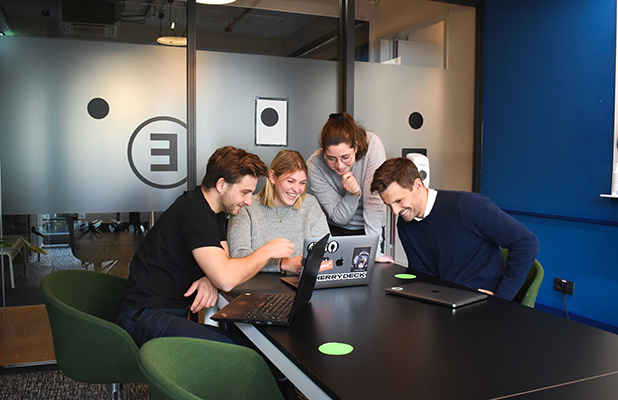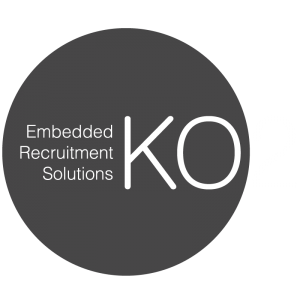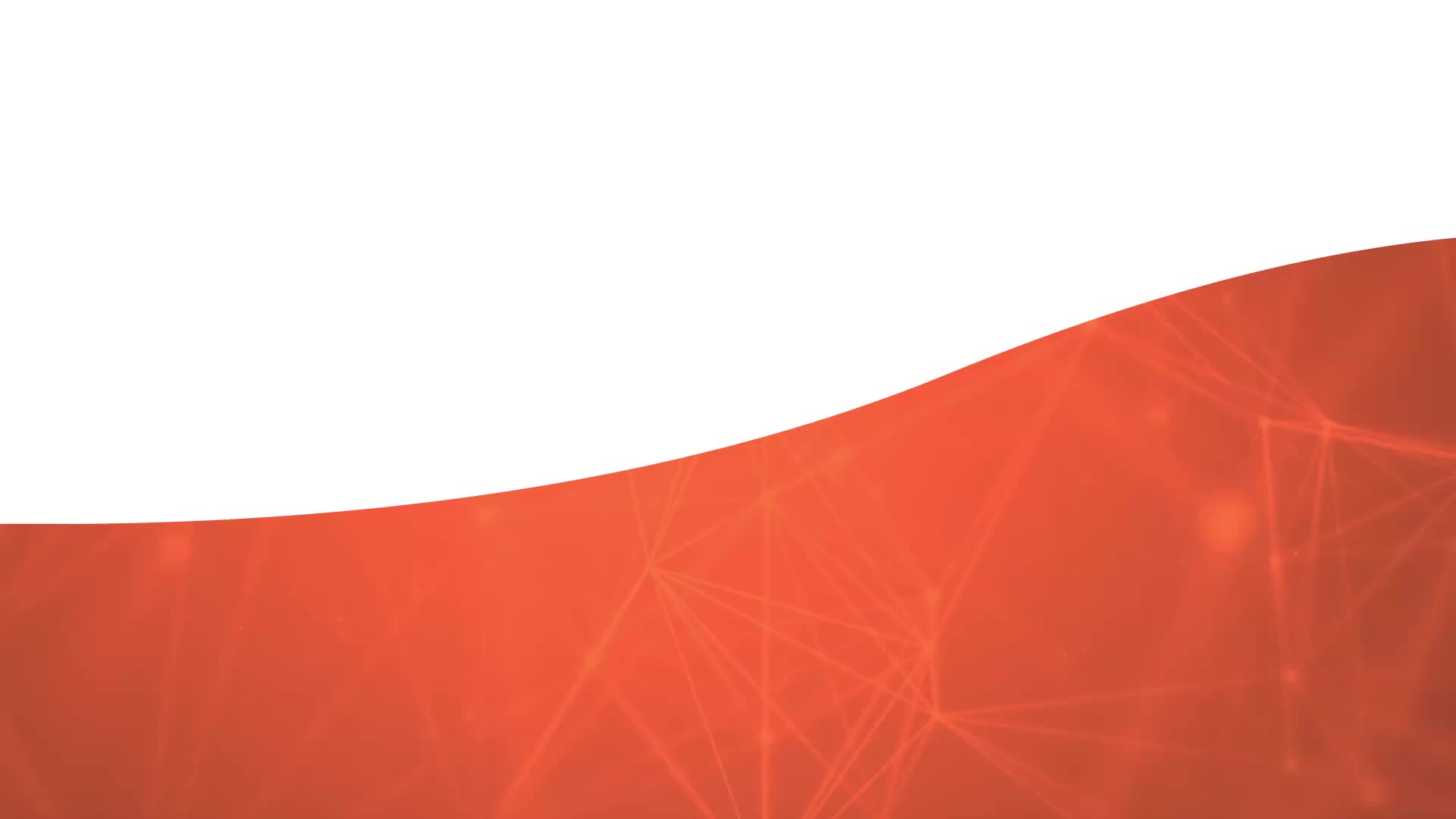Technical skills and experience are one of the main things that you’re assessing when you interview an engineering candidate. But there are many other qualities in an employee that will determine whether they sink or swim in a new role, which is also important to consider if you want your recruitment efforts to be efficient and successful.
Plenty of candidates in today’s recruitment market consider the culture of a company when they’re applying for a new role, but it’s also important for businesses to do the same when they’re hiring new employees. In this article, we’re going to explain the importance of hiring the right employee when it comes to personality and culture and share advice on how to determine workplace culture fit in a job interview.
What Is a Personality Hire?
The term ‘personality hire’ has a colloquial meaning as well as the one we’re going to use when discussing the topic in this article. So whilst some people understand a ‘personality hire’ to be an employee whose attitude and behaviour at work boost morale and potentially mask a lack of skills, that’s not what we’re referring to in this article.
In recruitment terms, a personality hire refers to an employee who is hired not only because of their technical suitability for the role, but also because their personality, values and approach to work make them the right ‘fit’ for the company. This cultural fit may have influenced the hiring decision but is not the only reason why they have been offered a job.

What Is Organisational Culture Fit?
Organisational culture refers to the goals, values, purpose and organisation of a company. It may also be referred to as company culture or corporate culture and influences how decisions are made in a business, how employees interact and what their experience of the workplace is like.
With this definition in mind, we can understand organisational culture fit as being the product of finding employees who align with a business’ culture and are compatible with their goals and objectives. When you hire candidates who find it easy to fit into your existing organisational culture, you’ll not only increase the chances that they’ll stay with you for longer, but also help them settle in sooner and cause minimal disruption to the rest of your team.
Why Is Personality Important When Hiring Engineers?
The importance of hiring the right employee is related to both the candidate and the employer. Not only will working for a company that you feel personally aligned with and connected to lead to a better experience of your job, but hiring for cultural fit in the workplace also increases retention, reduces onboarding costs and creates a more collaborative and productive workforce, which is essential for business growth and success.
Our experience recruiting for companies in the electronic embedded systems industry has shown us that personality fit needs to be considered when you’re looking at strategies for successful hiring. One of the key reasons for this, as discovered by a study by the Harvard Business Review, is that when an employee’s personal values align with a company’s values, they are much less likely to voluntarily leave their roles.
Professor Boris Groysberg also conducted research that found, as well as improving retention, employees whose personalities fit in with the culture of their organisation were more productive, engaged with their work and satisfied by what they did each day. When your workforce is more productive and engaged the quality and quantity of the work they do is higher, leading to better outcomes for your business.
If you’re hiring for a contract position then personality fit isn’t as important, as what really matters is the candidate’s ability to do their job, hit the ground running and deliver what’s needed. But when you’re hiring for a permanent position, especially if you’re seeking to source a very talented candidate, you want that candidate to stick around for a long time, which personality fit can ensure.
When you’re filling a permanent role in an engineering team, especially at a time when top talent is hard to attract in this industry, you’re also anticipating that this candidate is going to grow and develop in their role as they stay with your company. Culture and personality fit are really important here because, in order to retain the candidate, their alignment with your company needs to remain as they develop.
So when you’re hiring for a permanent role, we recommend prioritising making sure that the candidate is the right fit. Skills can always be developed, so whilst you should identify what kind of abilities are non-negotiable, keep culture in mind when you’re thinking about retention.
Being more lenient with specific skills and experience is also more important at the moment because it’s a candidate-driven market. You might not be able to find an engineer with the precise background you’re looking for, but if you find a more junior candidate who would fit in perfectly with your existing team, it’s worthwhile being flexible for the sake of obtaining someone talented.
Company Culture Fit and Diversity
When we’re talking about culture fit and personality hires, it is important to also talk about diversity and inclusion in recruitment. There are plenty of benefits of hiring in line with your company culture as we’ve seen, but leading with this can sometimes impact the diversity of your candidate pool and consequently your employees.
If you aim to hire candidates who are the same as your current employees, it’s more likely that you might subconsciously choose candidates who are the same age, race and gender as those already in your team. After all, cultural fit in the workplace should mean choosing employees with similar attitudes towards work and personal values, not just hiring people from the same culture and background.
To avoid impacting your DEI efforts when you hire for culture fit, make sure that the qualities you’re looking for which align with your organisational culture apply to any candidate and not just those from a certain background or a certain demographic. Continue to prioritise hiring from a diverse candidate pool and take the time to check whether any unconscious bias might be impacting your understanding of what makes a good personality hire.

7 Interview Questions to Determine Personality Fit
Depending on your company culture, you’ll likely have several specific questions that will help you determine whether a candidate is going to be a good fit for your team. But if you’re looking for general questions that can be used to gauge a candidate’s suitability, the below options are very useful in a job interview.
Do you prefer to work independently or as part of a team?
This is a really important personality fit interview question because it’s a clear indicator of whether a candidate is going to enjoy themselves in their role at your company. Whilst most roles have some variety in whether they require employees to work alone or as part of a team, most will have more of one than the other. So if your company has a lot of remote employees who mainly work independently, a candidate who prefers collaborative work is not going to have a great experience.
Many candidates may also be flexible in which kind of work they prefer, which is useful to know when it comes to gauging their suitability. But understanding someone’s preferred ways of working is a key part of a culture fit interview.
How do you define success?
Value alignment plays a big part in whether someone has a compatible personality for your company, so asking a candidate to define success gives really useful insight into who they are as a person. You ideally want to hire candidates who are motivated to achieve the same things or at least share an idea of success that aligns with your business goals, and this question helps you to determine whether a candidate is on the same wavelength.
How do you handle negative feedback?
A candidate’s ability to handle negative feedback plays a massive part in their enjoyment and success of a role. Feedback and attitudes towards it are important elements of company culture, and you ideally want to hire an employee who is going to be on board with the way people give feedback at your company. Asking a candidate how they approach difficult feedback not only gives you a better idea of them as an individual, but also how they’re going to manage if they’re part of your team.

What drives you in your professional life?
Similarly to personal definitions of success, determining culture fit should also involve getting an idea of what motivates or drives a candidate in their career. The best and most effective teams are ones where all members are driven by the same desires or goals, and hiring an employee who doesn’t align with this could disrupt the way that your existing team works.
Identifying what drives a candidate is also one of the most important cultural fit questions because it has a big impact on whether they enjoy working for your company. When employees are genuinely invested in the work they’re doing and personally find it interesting and motivating, they are much happier and more engaged. So if you’re seeking to hire employees who will be personally committed to the work your business does, this is a key question to ask.
What is your process for approaching problems?
The way that a candidate approaches problems at work is another good measure of their personality and one of the most useful interview questions for personality fit.
Many companies have an approach to problem-solving that is influenced by their organisational culture, such as preferring employees to find potential solutions before asking for help, or praising those who think laterally to find answers. If a candidate solves problems in a similar way to your team, they’ll likely have a better company culture fit and settle in more smoothly.
Are you big-picture-oriented or detail-oriented?
This final interview question to determine personality fit investigates the way that a candidate approaches tasks and projects. It can help you determine culture fit as you’ll get a good idea of whether they are more suited to a team or role that works on the details of projects or if they’ll be more comfortable managing and organising others. This is relevant to culture fit because it helps you understand how a candidate approaches projects and whether they’ll align with the work your company does.
Summary
Our advice for employers aiming to hire employees for their personality and culture fit is to make sure you understand the kind of person who is going to work best with your clients and projects. In the engineering industry, different personalities thrive in different sectors, so it’s important to first understand your workplace culture before you decide on the qualities to look for when hiring an employee who will fit in.
If you’re an employer in the electronic embedded systems industry looking to hire for culture fit, working with a specialist recruitment partner like KO2 can help to ensure you find the right kinds of candidates. Read more about our client services or get in touch to speak to the team about how we can help.







